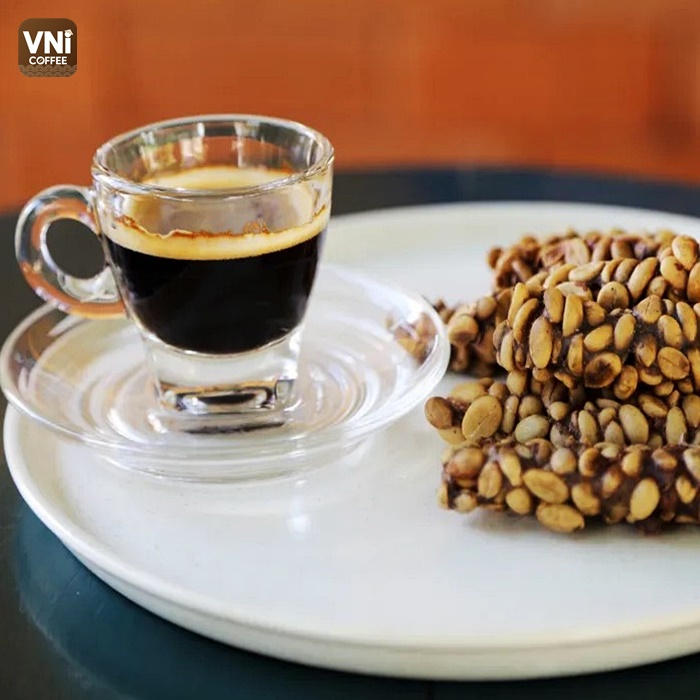
Talk about Kopi Luwak – the most expensive coffee in the world
Of the multitude of coffees sold on the market, Kopi Luwak (or Weasel Coffee) is considered the world’s most expensive, around $35-100 a cup, and extremely delicious. So, what makes its reputation, and should you really try Kopi Luwak?
Kopi Luwak – the quirky coffee from digestion
Surprisingly, Kopi Luwak is not the name of a coffee variety. Still, in Indonesian, coffee is read as “Kopi” and “Luwak” is the name of a civet, so Kopi Luwak is referring to the coffee beans produced by civets.
The best ripe red coffee beans will be ingested, digested, and excreted by the civets. The civets’ stomachs will secrete an enzyme that is able to change the molecular structure inside the coffee beans to make them more crispy, less bitter, and sweetly scented with chocolate. Then, the beans in the Luwak civet manure will be washed, dried in the sun, and then processed.
The interesting origin
Kopi Luwak is said to have appeared during the period when Indonesia was colonized by the Netherlands. At that time, Indonesian farmers were forbidden to harvest coffee for their personal needs; they had to scramble for coffee and found that the civet’s droppings contained naturally cleaned coffee beans, free of mold or rot. From there, they reprocessed those beans and used them as usual.
Indonesians claim this is the best coffee in the world because civets are quite picky, they only choose the ripest coffee beans. In addition, this animal’s digestive enzyme changes the protein structure in the beans, removing some of the acids to create a smoother cup of coffee.
…and the special processing
As mentioned, we will obviously not use luwak’s waste to directly brew, but will undergo a more sophisticated processing process than regular coffee, specifically as follows:
- After the bioprocessing process in the civet’s stomach, the feces is excreted, collected, and dried in the sun.
- Next, the farmers peel the coffee beans from the feces, gently scrubbing them to remove the husks.
- Following that, the coffee beans are soaked, scrubbed, and rinsed with a strong current to remove impurities and silk. Again, coffee beans are dried, cleaned, and preserved.
- After the above stage, the coffee bean is light green, the beans are harder than usual. To ensure the quality of the beans, Kopi Luwak coffee is roasted with a light to medium color.
What does Kopi Luwak really taste like?
There are things that are expensive but not necessarily the quality to match that, and Kopi Luwak coffee seems to be the same. Some drinkers say the coffee is smoother than a regular cup of coffee but no better than anything they’ve had for that price.
Lilly Kubota, director of communications for the Specialty Coffee Association of America (SCAA), has personally rated Kopi Luwak not as delicious as specialty coffee with the lowest score. Or, coffee taste expert Stephen Vicks said that this coffee gives off quite special aromas such as yeast, phenol, fenugreek, alcohol, raw oysters, and is quite rough.
Just a cup of coffee, but it’s the civet’s destiny
The coffee industry has seen an unusual increase in demand for Kopi Luwak, partly due to the hype about its quality. From limiting the quantity in the process of collecting civet feice with coffee beans manually in the wild, people have switched to raising weasels according to the natural grazing method to get the beans. Gradually, Kopi Luwak is no longer the coffee from the wild civet. Most of them are kept in cages on huge coffee plantations and forced to eat coffee beans. In fact, some people are just out of curiosity and its luxurious reputation that is completely unconcerned with how the civets are actually mistreated.
So, is this life of these freedom-loving creatures imprisonment? And, what did the civets do wrong to deserve this treatment? That’s all we need to know about Kopi Luwak coffee, and the choice is still yours!






